By Sasha Moss and Kristen Berg
Any successful mentoring relationship involves setting SMART goals – specific, measurable, attainable, relevant, and timely objectives - for the mentee to work toward and for which the mentor can provide actionable advice. Using the SMART framework can assist the mentoring pair in defining focus, eliminating ambiguity, and establishing measures for success.
In defining a goal for the mentee to accomplish, it can be helpful to use the following steps to guide the process:
Assist your mentee in clarifying what they would like to accomplish
Determine whether the goal is realistic
Establish criteria for measuring success as well as a reasonable timeline
Define strategies for pursuing the goal
Create a pathwork of individual tasks that will lead to the accomplishment of the goal
Produce an agreed-upon method for measuring and tracking progress
As the nineteenth-century Massachusetts Senator John Crosby said, “Mentoring is a brain to pick, an ear to listen, and a push in the right direction.” A mentor can provide valuable insight to a mentee as she develops and works toward more challenging accomplishments in her professional field. One way that a mentee can grow her visibility is by increasing participation in conferences and other speaking opportunities. A mentor can provide targeted advice about how to research and take advantage of these opportunities.
Sasha Moss, co-author and DC Mentorship Board member, has been working with her mentee since April and we want to share her experience:
“I was fortunate to be paired with an incredible attorney, whose work I know quite well. But that is not to say I did not approach this mentorship like many of you, who may be meeting your mentee or mentor for the first time.
Due to COVID-19, we could not meet in person but we made do over an hour-long call. And it was very successful! The goal of the call was to get to know my mentee, learn about her background, everything from where she grew up to her employment history. I deeply believe the best way to help – even in work situations - is to get a full picture of the individual. We are more than just our day jobs and often, our career choice is affected by our background. In addition to learning about my mentee, I asked her what her ultimate goal was for her WISP mentorship. After chatting, I discovered that she is really looking to find ways to popularize her work, whether it is journal opportunities or panel engagements. Luckily, I have a lot of expertise in that area since I work in public affairs.
After our initial meeting, we followed up two weeks later for a brief check-in. Shortly thereafter, I was able to get her a seat on an exciting virtual conference in June. By following the SMART model, I was able to get to the core of her ask as a mentee and how I can adequately help her achieve her goals. I am looking forward to working with her and hopefully, she will soon be known as one of the smartest privacy attorneys in Washington, D.C.! She is almost there, and I cannot wait to continue to make her an even bigger name due to her brilliant work.”
If you would like to get involved as a mentor or mentee, please sign up here.
